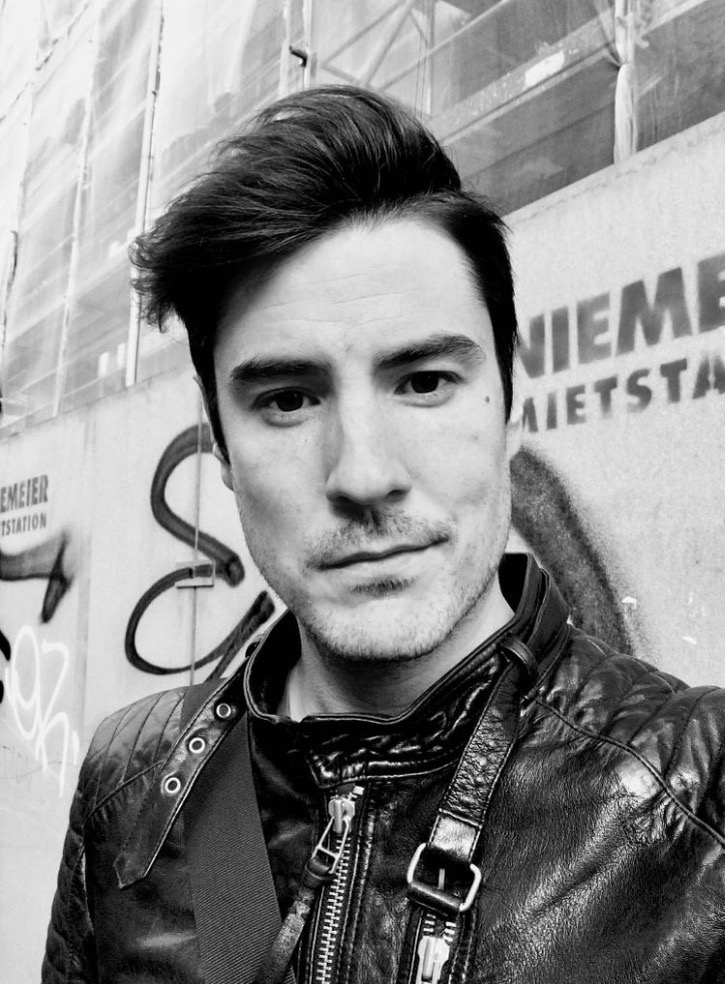BERLIN -- Volkswagen Group's chief procurement officer, Murat Aksel, is focusing on the formation of closer partnerships and deeper cooperation with suppliers.

March 12, 2022 10:52 AM
Featured Stories
Approved House bill includes tax deduction on first $10,000 of auto loan interest for U.S.-made vehicles
The deduction under the 'One Big Beautiful Bill Act' could save many Americans hundreds of dollars.
Latest News
Staying current is easy with newsletters delivered straight to your inbox.
See More in Automakers
Staying current is easy with newsletters delivered straight to your inbox.







